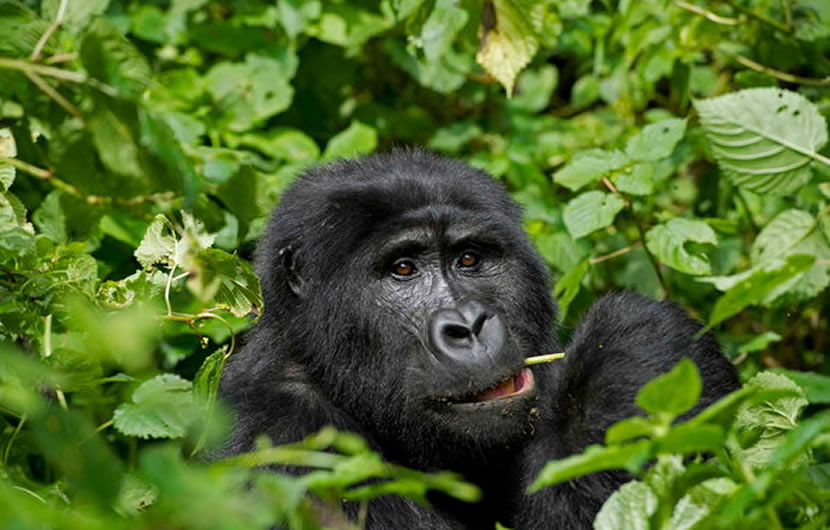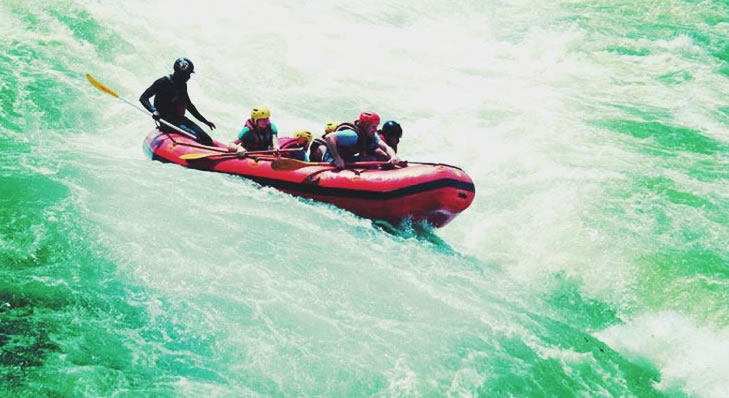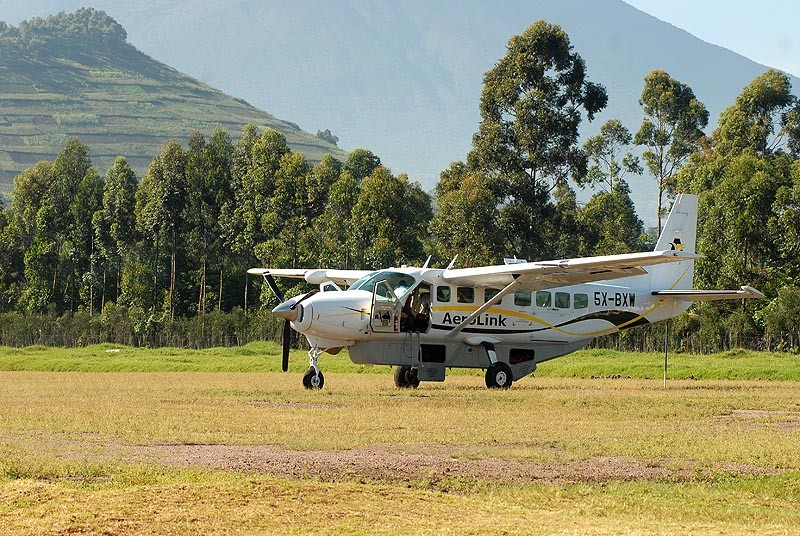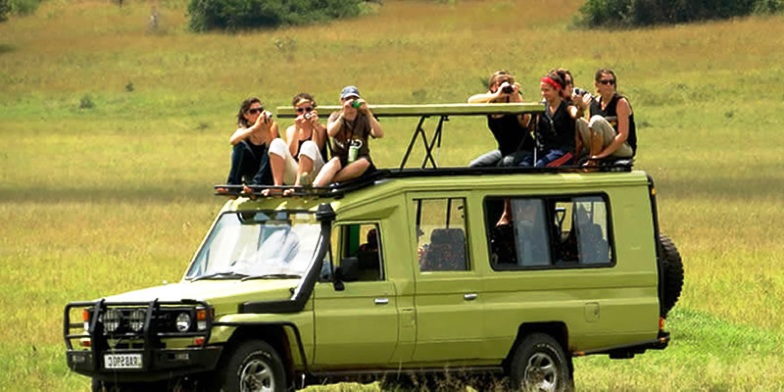Can Eco tourism save the great Apes?
December 5, 2018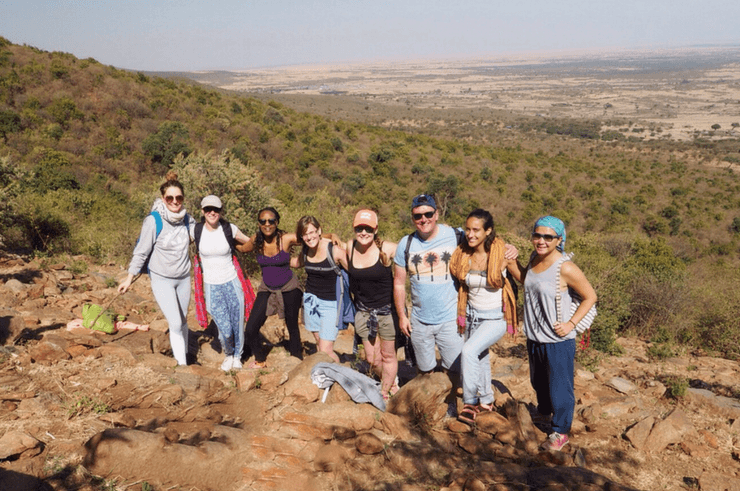
Discover the advantages of traveling as a group
December 11, 2018Safaris in Africa were traditionally introduced by hunters, however today a lot has been done that has transformed environment where other people began looking at the significance of conserving faunal and floral species on earth as away to minimize the negative effects that tourism on the environment.
However, this is not what sustainable tourism is all about a fact that it involves supporting local communities and the economy. African safaris have today become the most sought after experiences and there is need to practice sustainable tourism. Not that sustainable tourism is not only having a positive effect on the surrounding areas. To ensure that sustainable tourism is practiced, the following must be put into consideration.
- Explore more on a destination of your choice
Prior embarking on actual trip, it is advisable that you spare sometime and read and explore more about the tourist site that you intend to pay a visit. This is one way that you can be a responsible and ethical visitor and interestingly, there are several guide books that you read through that will offer you some highlight on what you will encounter. Most of them explain more about culture, language, dos and don’ts and a lot of information about a given destination most of which can be researched through internet or by consulting the trust worthy tour agent.
- Respect wildlife and their habitats
There is nothing as exciting as coming across lions or a group of habituated mountain gorillas. This usually leaves most visitors overwhelmed and they forget that they are in wild. Always maintain a distance of 7 to 10 meters at all times if you are on gorilla or chimpanzee trekking adventure. Whereas safaris involve tourists setting into the wilderness, in most cases, little care is taken and the habitat for wildlife becomes disturbed. Too much noise and human practices usually disorganize the behavior of these wild animals in the wild thus causing frustration among them and loss of their habitat.
- Observe wildlife and national park’s rules
If you are planning to spend your next vacation in national park or reserve, there are set rules and regulations that you must observe that allow you have the most enjoyable safari while also conserving biodiversity and environment. Always observe all set rules so as to keep the beauty and health of the wildlife and habitat. You will find rules such as ‘don’t feed wild animals, never get out of your vehicle while on game drive/safari and avoid littering the environment mention but a few.
- Support the locally made handcrafts
Most of African destinations Uganda inclusive where most of tourism activities are conducted are naturally endowed with craftsmanship. In case you are interested in buying handmade products from them it means that you are directly supporting them and their members back at home. Besides, these handmade products leave a memory about your safari in Africa.
They are boundless as every community comes with a rare art. These products range from wooden carvings, soap stone carvings, beautiful bead work to woven baskets and magnificently painted portraits. Purchasing them is one way that you can easily support the communities adjacent to park or those culturally endowed and where cultural safaris are carried out and at end of the day, you would have practiced sustainable tourism a fact that you gave back to the communities.
However, make sure that you haven’t bought souvenirs with corals or wildlife products. While choosing what to buy, be keen on what you are buying despite a fact that we encourage you to buy some of the locally made products. Most wildlife species are disappearing especially the critically endangered ones as their products have been traded by most people.
Don’t support this type enterprise as most wildlife will keep disappearing and their habitats get destroyed. That said, we advise you to always be careful with artifacts with tortoise shells, corals, ivory, reptile skins, plant ham and many others. With sustainable tourism, destination can minimize loss of most valuable wild animals.
- Always keep within your camp or lodge’s borders
Most camps and safari lodges are established within the protected areas where most wildlife species thrive however, to be on safer side better you remain in your respective lodge/camp compound and don’t leave unless you are escorted by park guide. Remember any human being in wild is an intruder meaning no one ever wishes to be feasted early in the morning by hyena or lion.
- Keep any used batteries and return them home
Despite anyplace you may think it will be safe for you to dump such material and there are no recycling programs yet then don’t ever leave your batteries and any dangerous material in the destination as they will cause harm to the environment.
- Always carry biodegradable shampoos and conditioners
Your personal hygiene and that of environment must be taken care of at all times when you are on tour in any destination. Always be careful with the destination’s health status and shampoos can easily be washed into the soil. While selecting one to use make sure that you choose the one that is indicated biodegradable/organic.
- Remove unnecessary packaging
Once you have bought your goods and you are now packing for a trip, ensure that you have not included those items you don’t carry meaning in your tour as away to minimize littering of the tourist site especially polythene bags.
- Always be keen with whatever you are carrying or leaving
In most cases, you will find written boards indicating take only the nourishment and leave everything as you got them. This means that you can take as many pictures as you can and leave only your footprints.
Other tips include leave the city for your tour with seed balls and don’t take photos of local residents not until you are told do so.

